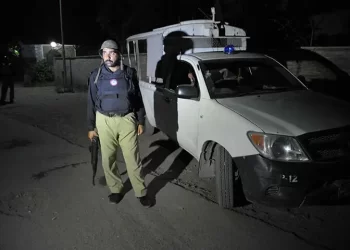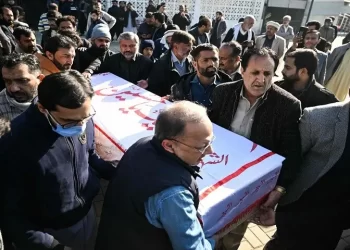International Labour Organization says joblessness in occupied West Bank stands at almost 32 percent, resulting in a combined total of more than 50 percent.
Unemployment in the Gaza Strip has hit a “staggering” 79.1 percent since Israel launched its military onslaught on the besieged and bombarded territory in October last year, according to the United Nations labour agency.
In its latest assessment of the impact of the war on employment, the International Labour Organization (ILO) also said on Friday that joblessness in the occupied West Bank, which has also been hit by the crisis, had also reached nearly 32 percent.
This brings the average unemployment rate across the occupied Palestinian territory to 50.8 percent.
The figures, however, do not include those who have exited the labour force altogether amid worsening job prospects, the ILO said, warning that the actual numbers were higher.
“This excludes Palestinians who have given up on finding a job,” said Ruba Jaradat, ILO regional director for Arab States. “The situation is much worse”.
Israeli attacks on Gaza since the start of the war have killed at least 36,654 people and wounded 83,309, with thousands more missing under the rubble and presumed dead, according to Palestinian health officials.
In terms of the economy, the real gross domestic product (GDP) has contracted by nearly 33 percent in the Palestinian territory since the start of the war, with an estimated contraction of 83.5 percent in the Gaza Strip, where about half of its 2.3 million people lived below the poverty line even before the war.
“Imagine with this very high level of unemployment, people will not be able to secure food for themselves and for their families,” Jaradat said.
“This is also impacting their health … Even if they have money, there are no hospitals that can accommodate the catastrophic situation there.”
In the West Bank, the GDP drop was 22.7 percent, the ILO data showed.
“In the occupied Palestinian territory and particularly in the West Bank, the reduction in incomes has pushed many families into severe poverty,” Jaradat said.









